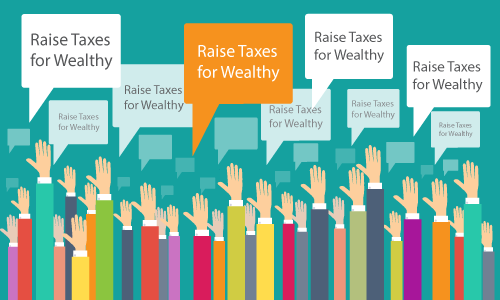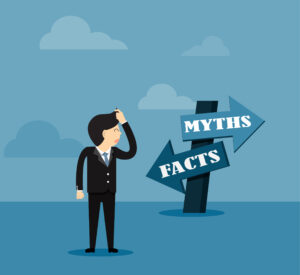Voters in Multiple States Choose Higher Taxes for the Wealthy

Of course, the big news from the election earlier this month was that Donald Trump shocked the world and defeated Hillary Clinton in the race to become the 45th president of the United States. However, there were several other important national, as well as local, election races and issues that were decided on November 8th. Not the least of which were several state measures aimed at raising taxes on high net worth individuals.
To that end, voters in both California and Maine decided that the rich needed to pay more taxes. In Maine, the vote to raise the state’s top tax rate from 7.15 percent to 10.15 percent was extremely close, passing by a narrow 50.4 percent to 49.6 percent margin. That means Maine will have the second highest top tax rate in the country in 2017, surpassing Oregon, which was number two in 2016 at 9.9 percent.
In California, meanwhile, the vote wasn’t even close, with 62 percent voting to extend temporary tax hikes already in place. Proposition 55 extended the hikes originally implemented in 2012 with Proposition 30. That means top earners, those who make $1 million or more a year, will continue to pay a tax rate of 13.3 percent at least until 2030. California will continue to have the highest tax rate for top earners in 2017.
So, while all signs point to Donald Trump lowering the federal tax rates, if you live in California or Maine and you’re a top earner, you won’t see any relief in the coming years in your state taxes.
http://www.forbes.com/sites/ashleaebeling/2016/11/10/voters-okay-state-income-tax-hikes-for-the-rich/#71480a7b16d0
Myths About Trusts
Myths About Trusts Trusts are a dependable way to arrange for the management of family funds. Yet even financially sophisticated people settle for less satisfactory alternatives. Lack of knowledge isn’t the problem. It’s the assorted myths about trusts handed down over the years. Myth #1. Only the very rich use trusts. Because what the superrich…
Calculating Capital Gains Tax on the Sale of a Collectible
Calculating Capital Gains Tax on the Sale of a Collectible Uncle Sam takes a tax bite out of almost every asset sold and collectibles are no exception. Indeed, collectibles are currently subject to one of the highest rates of federal taxation on an investment property. Long term Capital gain from the sale of a collectible…
Don’t Get Scammed on Your 2015 Tax Return
Don’t Get Scammed on Your 2015 Tax Return By Alan Olsen, CPA, MBA (tax) Managing Partner Greenstein Rogoff Olsen & Co. LLP It’s tax season and for a lot of people that can be a very scary time of year. Some people will attempt to go it alone and use an online tax program, while…
Sales Tax Deduction Option, State and Local
[vc_row][vc_column][vc_column_text] Sales Tax Deduction Option, State and Local The Tax Relief and Health Care Act of 2006 extended the election to deduct state and local general sales taxes for 2006. The act was enacted after Schedule A (Form 1040), Itemized Deductions, and its instructions were printed. Because we were not able to include the instructions…



